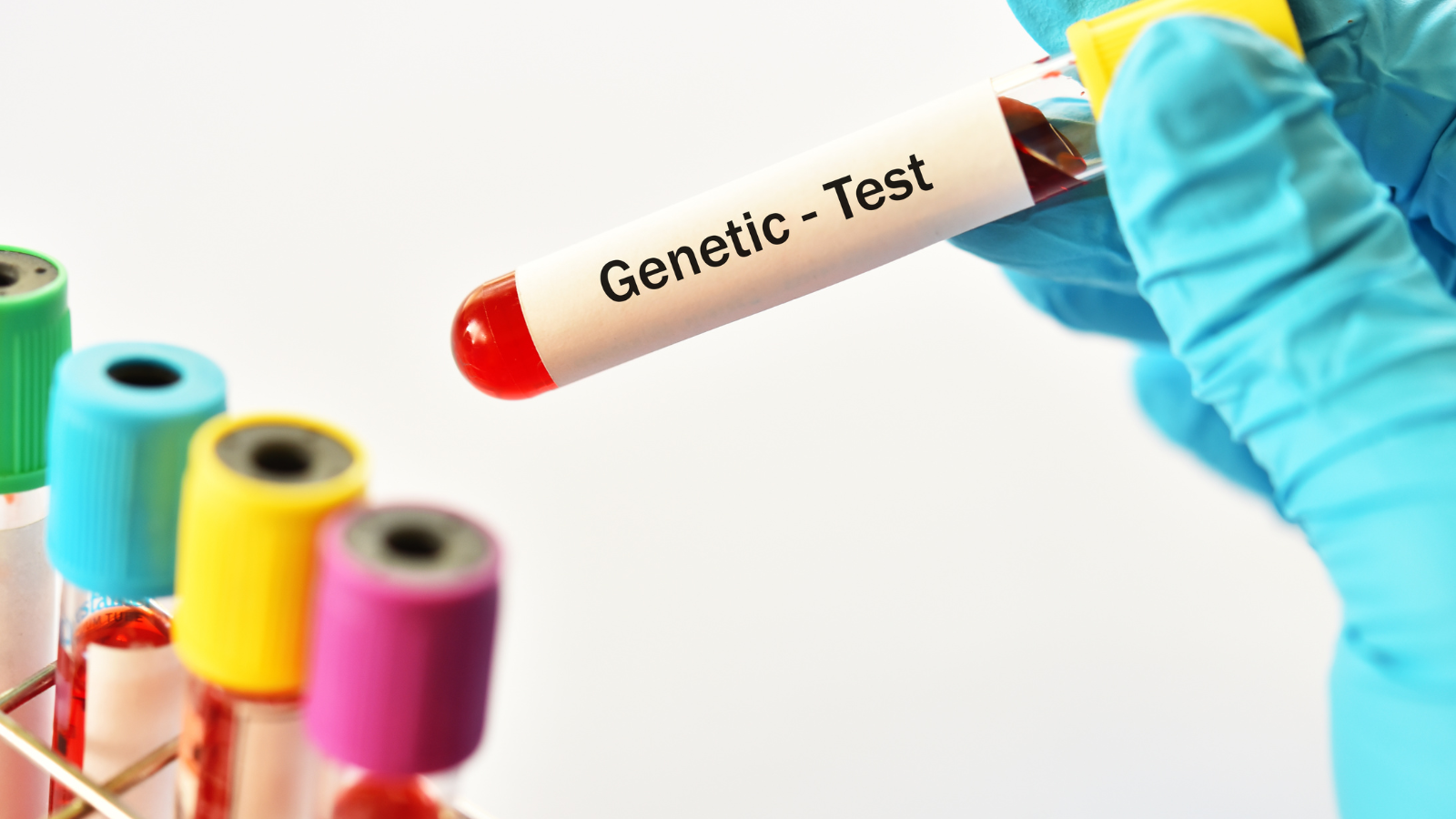Preimplantation Genetic Testing (PGT) is an advanced medical technique used alongside in vitro fertilization (IVF) to screen embryos for genetic abnormalities before they are implanted into the uterus. PGT offers couples a way to increase their chances of having a healthy baby by identifying potential genetic issues early in the reproductive process. For couples considering IVF, understanding the basics of PGT can help them make informed decisions about their family planning journey.
What is Preimplantation Genetic Testing?
PGT involves testing embryos for genetic disorders before implantation. This process begins by fertilizing eggs with sperm outside the body, in a laboratory setting. Once the embryos develop to a certain stage (usually around five to seven days), a few cells are removed from each embryo for genetic testing. The main goal of PGT is to identify embryos that are free from genetic disorders or chromosomal abnormalities, which could reduce the risk of miscarriage, failed implantation, or serious congenital diseases.
There are three main types of PGT:
PGT-A (Aneuploidy): This test checks for chromosomal abnormalities, such as missing or extra chromosomes, which can lead to conditions like Down syndrome or Turner syndrome.
PGT-M (Monogenic/Single Gene Disorders): This is used to screen for specific inherited genetic conditions such as cystic fibrosis, sickle cell anemia, or Huntington’s disease, particularly if one or both parents are carriers.
PGT-SR (Structural Rearrangements): For couples with known chromosomal structural issues, this test identifies embryos with balanced chromosomes, avoiding conditions that can lead to miscarriage or birth defects.
Why Consider PGT?
Couples considering IVF often choose to undergo PGT for several reasons:
Known Genetic Disorders: If one or both parents carry genetic mutations for specific disorders, PGT can identify embryos without those mutations. This is particularly important for families with a history of inherited conditions.
Repeated Miscarriages: For couples who have experienced multiple miscarriages, PGT can help determine if chromosomal abnormalities in embryos are the cause and allow for the selection of genetically normal embryos to improve the chances of a successful pregnancy.
Advanced Maternal Age: As maternal age increases, the risk of chromosomal abnormalities in eggs rises. Women over 35 may consider PGT to increase their chances of selecting healthy embryos and reducing the risk of miscarriage or birth defects.
Failed IVF Cycles: For couples who have undergone multiple unsuccessful IVF cycles, PGT can provide additional insight into why previous embryos may not have resulted in pregnancy and help guide future treatment decisions.
The Process of PGT
IVF and Embryo Development: The process begins with IVF, where eggs are retrieved from the female partner or an egg donor and fertilized with sperm in a lab. The fertilized eggs are monitored for several days until they reach the blastocyst stage, at which point a few cells from each embryo can be biopsied for testing.
Embryo Biopsy: At the blastocyst stage, the outer cells that will eventually form the placenta are carefully removed for genetic analysis. This biopsy does not harm the developing embryo.
Genetic Testing: The sampled cells are sent to a specialized lab for genetic testing. Depending on the type of PGT, the lab will analyze the embryos for chromosomal normality, specific genetic disorders, or structural rearrangements. Results typically take about one to two weeks.
Embryo Selection: Based on the results, the healthiest embryos, free of genetic issues, are selected for implantation. The remaining embryos can be frozen for future use.
Benefits and Considerations
The main advantage of PGT is its ability to significantly improve the chances of a successful pregnancy by ensuring that only genetically healthy embryos are implanted. This not only increases the likelihood of pregnancy but also reduces the risk of miscarriage and congenital abnormalities in the baby.
However, there are important considerations as well. PGT adds cost to the IVF process, as it requires specialized testing. While it increases the chances of a healthy pregnancy, it does not guarantee success. Additionally, the decision to undergo PGT is deeply personal and may depend on a variety of factors, including the couple’s medical history, age, and ethical or moral beliefs about genetic testing and embryo selection.
Conclusion
For couples considering IVF, Preimplantation Genetic Testing offers an invaluable tool for selecting healthy embryos and improving the chances of a successful pregnancy. While it comes with additional costs and emotional decisions, PGT can provide peace of mind, particularly for couples with known genetic risks or a history of miscarriage. By identifying and selecting genetically normal embryos, PGT increases the likelihood of having a healthy baby and can help couples feel more confident as they navigate the IVF process.
